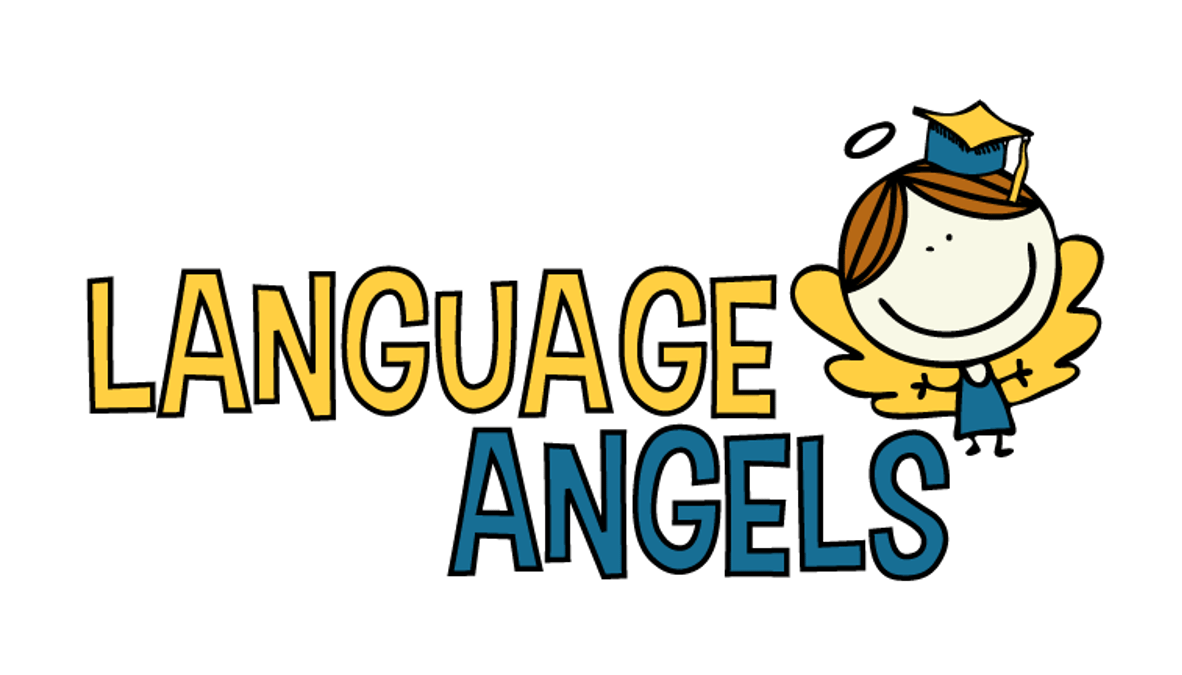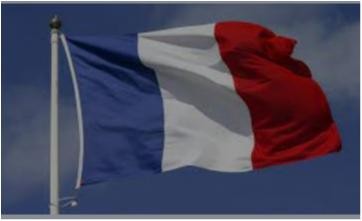Geoffrey Willans
At Newlyn School we believe that all children should be immersed in language and learn something new! All children from the age of 2 to 11 have the opportunity to learn French through songs, games, music and targeted age appropriate lessons to inspire them to develop their linguistic skills. With specially created and crafted lessons by language professionals, we deliver an exciting and enthusiastic curriculum that is progressive over time, allowing children to constantly improve through practice whilst developing a love for languages!
INTENT
Newlyn School intends to use the Language Angels scheme of work and resources to ensure we offer a relevant, broad, vibrant and ambitious foreign languages curriculum that will inspire and excite our pupils using a wide variety of topics and themes. All pupils will be expected to achieve their full potential by encouraging high expectations and excellent standards in their foreign language learning - the ultimate aim being that pupils will feel willing and able to continue studying languages beyond key stage 2.
The intent is that all content will be continuously updated and reviewed annually, creating a dynamic programme of study that will be clearly outlined in both long-term and short-term planning. This will ensure that the foreign language knowledge of our pupils progresses within each academic year and is extended year upon year throughout the primary phase and, in so doing, will always be relevant and in line with meeting or exceeding national DfE requirements.
The four key language learning skills; listening, speaking, reading and writing will be taught and all necessary grammar will be covered in an age-appropriate way across the primary phase. This will enable pupils to use and apply their learning in a variety of contexts, laying down solid foundations for future language learning and also helping the children improve overall attainment in other subject areas. In addition, the children will be taught how to look up and research language they are unsure of and they will have a bank of reference materials to help them with their spoken and written tasks going forward. This bank of reference materials will develop into a reference library to help pupils recall and build on previous knowledge throughout their primary school language learning journey.
The intent is that all pupils will develop a genuine interest and positive curiosity about foreign languages, finding them enjoyable and stimulating. Learning a second language will also offer pupils the opportunity to explore relationships between language and identity, develop a deeper understanding of other cultures and the world around them with a better awareness of self, others and cultural differences. The intention is that they will be working towards becoming life-long language learners.
Implementation
All classes will follow a high-quality foreign language curriculum using the Language Angels scheme. Weekly lessons will be well-planned and progressively build pupils’ vocabulary, grammar, and language skills across all year groups.
Units are grouped by Teaching Type—Early Language, Intermediate, Progressive, and Creative Curriculum—ensuring appropriate challenge and progression. Lessons are tailored to pupil readiness, with increasing complexity in grammar and language use.
Each unit includes:
- 6 structured lessons with clear objectives
- Interactive materials and differentiated activities
- Opportunities to develop all four language skills: listening, speaking, reading, and writing
- Integrated grammar concepts appropriate to the level
Teachers will track pupil progress using the Language Angels Progression Map and Grammar Grid. Assessment of language skills will occur twice yearly.
Units may link to cross-curricular themes and include cultural enrichment activities such as assemblies, food tasting, and national celebrations to enhance engagement and cultural awareness.
Lessons build cumulatively—like “language Lego”—encouraging pupils to construct more complex and authentic language over time.


